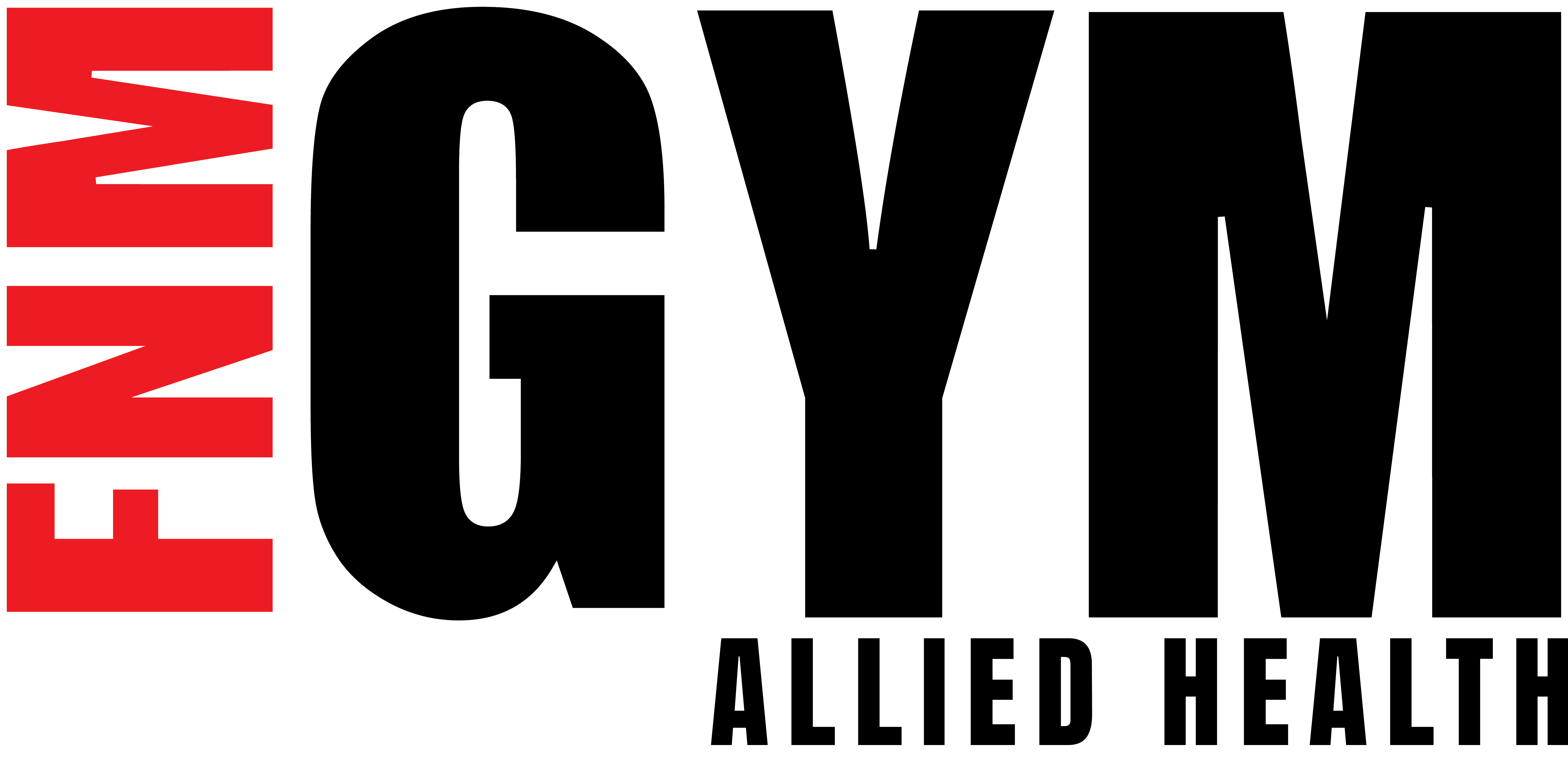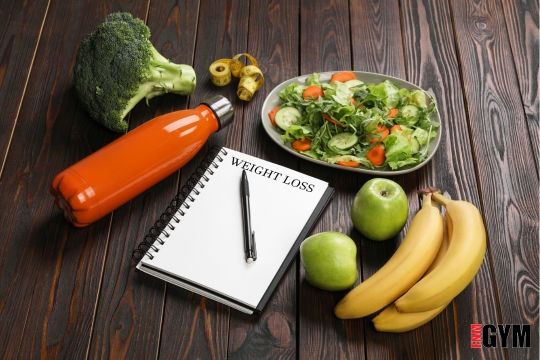Here at Fitness n Motion Health Centre (FNM) we believe in a holistic approach to health and wellness. Today, we’re diving into some common nutrition myths that often lead to confusion and frustration. Let’s bust these myths with evidence-based facts to help you make informed decisions about your diet and how to boost your wellbeing.
Myth #1: Carbs Are Bad for You
Carbs often get a bad rap, especially with the popularity of low-carb diets. But let’s clear the air—carbohydrates are not your enemy.
Carbohydrates are a primary energy source for your body. They fuel your brain, kidneys, heart muscles, and central nervous system. Without enough carbs, you may feel sluggish and tired. Not all carbs are created equal, though. Opt for complex carbohydrates like whole grains, fruits, and vegetables over simple carbs found in sugary snacks and processed foods.
Evidence-Based Fact: According to the Australian Dietary Guidelines, 45-65% of your daily energy intake should come from carbohydrates. Eating a balanced diet with healthy carbs can help you maintain energy levels, support overall health and boost your wellbeing.
Myth #2: You Need to Eat Protein Immediately After a Workout
You’ve probably heard that you must gulp down a protein shake immediately after your workout to maximize muscle gain. While protein is essential for muscle repair and growth, the timing is not as crucial as you might think.
Evidence-Based Fact: Research suggests that the so-called “anabolic window” is broader than traditionally believed. Consuming protein within a few hours post-exercise is sufficient for most people. What’s more important is your total protein intake throughout the day. Aim for a well-balanced diet that includes protein-rich foods like lean meats, dairy, legumes, and nuts.
Myth #3: Fat Makes You Fat
For years, dietary fat has been vilified and blamed for weight gain and heart disease. The reality is more nuanced.
Dietary fat is an essential nutrient that your body needs for energy, vitamin absorption, and cell growth. The key is to choose healthy fats over unhealthy ones. Saturated and trans fats found in fried foods, pastries, and some meats should be limited. Instead, focus on unsaturated fats from sources like avocados, nuts, seeds, and olive oil.
Evidence-Based Fact: The Heart Foundation of Australia recommends that about 20-35% of your total daily energy intake come from fats, primarily healthy fats. Including healthy fats in your diet can actually help with weight management by keeping you full and satisfied.
Myth #4: Supplements Are Necessary for Everyone
The supplement industry is booming, with countless products promising enhanced health, weight loss, and improved performance. While some supplements can be beneficial, they are not necessary for everyone.
Evidence-Based Fact: Most people can get the nutrients they need from a balanced diet. Supplements should not replace whole foods, which provide essential vitamins, minerals, fibre, and other nutrients that supplements cannot fully replicate. Specific groups, such as pregnant women or those with certain health conditions, might benefit from supplements, but it’s best to consult with a healthcare provider before starting any new supplement regime.
Myth #5: Detox Diets Cleanse Your Body
Detox diets and cleanses have gained popularity, promising to rid your body of toxins and promote health. However, the concept of detox diets is more fiction than fact.
Evidence-Based Fact: Your body has a natural detoxification system that includes the liver, kidneys, lungs, and skin. These organs efficiently remove toxins without the need for special diets or cleanses. Eating a balanced diet rich in fruits, vegetables, whole grains, and lean proteins supports your body’s natural detox processes. There’s no scientific evidence that detox diets provide any additional benefits.
Myth #6: Eating Late at Night Causes Weight Gain
Many people believe that eating after a certain hour will automatically lead to weight gain. However, weight gain is more about what and how much you eat rather than when you eat.
Evidence-Based Fact: Research indicates that total calorie intake and overall diet quality are what matter most. Eating late at night might lead to weight gain if it results in consuming more calories than your body needs. Focus on balanced meals and portion control throughout the day, and you won’t need to worry about the clock.
Expert Opinions and Scientific Evidence
At Fitness n Motion Health Centre, we prioritise evidence-based practices and expert guidance. Our team of certified fitness trainers and Exercise Physiologists can help you navigate the complex world of nutrition. We stay updated with the latest scientific research to provide you with accurate and practical advice.
Expert Tip: We recommend keeping a food journal to track your eating habits. This simple tool can help you identify patterns and make healthier choices.
Conclusion
Separating fact from fiction in nutrition can be challenging, but it’s crucial for your overall health and wellness. Remember, carbs are not the enemy, protein timing is flexible, healthy fats are essential, supplements are not a one-size-fits-all solution, detox diets aren’t necessary, and eating late at night doesn’t automatically cause weight gain.
At Fitness n Motion Health Centre, we’re here to support you on your health journey with personalised advice and a welcoming community. Whether you’re looking to improve your diet, boost your wellbeing and fitness, or just need some friendly guidance, we’ve got your back. So, let’s bust those nutrition myths together and move towards a healthier, happier you!
Click here to read more on Hydration 101: Why Staying Hydrated is crucial for Fitness




